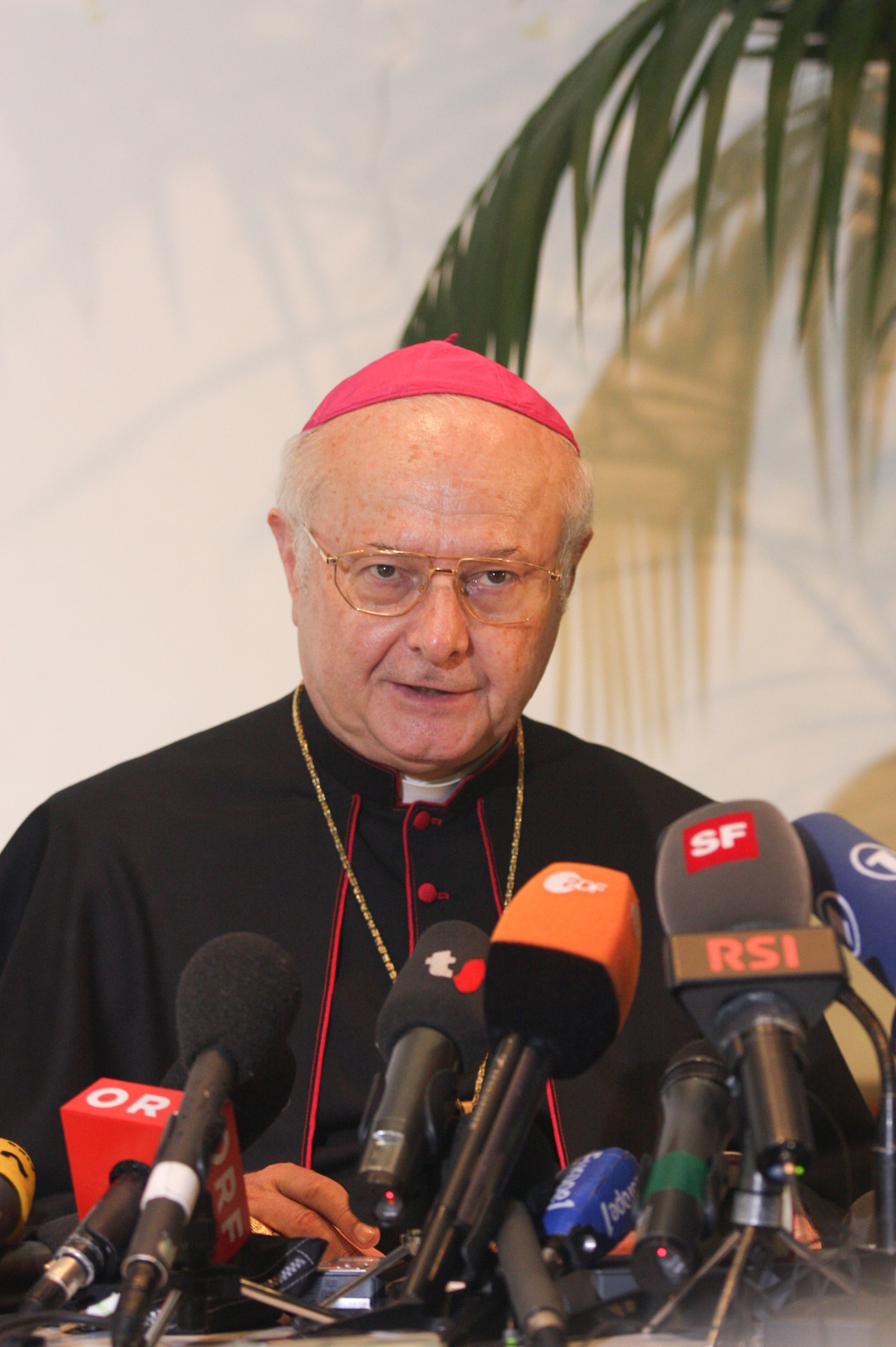GERMAN CHURCH
Forum in Würzburg: after 5 intense years, bishops and laity drew a balance of the “Dialogue Process”. Open debate and new prospects

After the scandals of sexual abuse on minors and various situations that divided the Catholic laity and the episcopate, in 2010 the German Church decided to undertake a period of rediscovery of the founding themes of Catholicism with a set of debates on the reasons for the conflicts and disaffection by the faithful. It was then that the archbishop of Freiburg, president of the German Bishops’ Conference (DBK), Msgr. Robert Zollitsch, undertook what was later called a “Process of inter-ecclesial dialogue of the Church in Germany to recover the lost faith”. At the same time, this mutual purification and understanding – over a five-year period – provided the opportunity to reiterate a “theological profile along with ecclesial cohesion of the faith of our Church in Germany”, as expressed in several occasions by the Archbishop Emeritus Zollitsch. At the end of the quinquennium, a forum held in Würzburg, a beautiful town in Franconia, to the presence of 300 representatives of ecclesial life, including over 30 bishops, put the final word on what was meant to be the point of arrival of the German Church. Past September 11-12, the various members of Catholic society addressed the core issues of the dialogue process: “Where there is God, there is the future”, was the title of the forum that lay the grounds of a still very long process. Years of hard work, without mysteries. “My idea was that in our joint journey as pilgrim Church we must also seek joint answers, namely, the bishops among each other and the bishops with the laity”, Msgr. Zolltisch told Catholic news agency Kna at the time of the Würzburg forum. The journey undertaken in Mannheim in 2011 had its first determination in the motto: “Let us reflect today: at what point we are at”. The event was followed by the forum on “Daily life and the daily habits” of the Church, held in 2012 in Hannover; a conference on liturgy was held in 2013 in Stuttgart while in 2014, in Magdeburg, the meeting focused on the meaning of witness and martyrdom. The road paved in Würzburg provided an overview – albeit incomplete – of the results achieved so far, with a reflection on the flaws and doubts contained in the final report. The key-reflections focused on three aspects, namely, the dialogue process is a contribution to the renewal of the Church in Germany; foundations and guiding principles of ecclesial renewal; blocks and suggestions for the reform of the life of the German Church. Everyone’s consensus. From the very start, full consensus was DBK’s goal. And already at the beginning of his mandate as president of the Bishops’ Conference Cardinal Reinhard Marx, archbishop of Munich-Freising, highlighted the “dialogue process as an important step for the Church, to experience new ways of being together confiding in a changing society”. The forum in Würzburg conveys the need to “continue working”. For the prelate, the “current five-year discussion process ends in Würzburg, but not the calling! That’s why we already said in the past years: it’s not a full stop but a colon. Or rather, as declared in the final statement ‘we wish to undertake radical changes for a fresh start.’ We have made progress together following the way of the Church that is close to her faithful and wants to bring the hope of the Gospel”, Marx said in his opening address at the forum. Hopes and the continuation of the journey. The final statement was adopted with a large majority vote, 9 against and three abstentions. In the document the bishops are called, inter alia, “to eliminate restrictions or engage for their elimination; to authentic participation of remarried divorcees in the life of the Church”, while, given decreasing numbers of faithful and priests, the document calls for renewed pastoral care: “The Church at all levels is required to have the courage of experimenting”. It is also the hope of Alois Glück, outgoing president of the Central Committee of German Catholics (ZDK) who expects “constant, constructive cooperation” between the laity and the bishops. But the German Church raises questions on the paths to be undertaken now. In fact, many questions in the dialogue process have remained unanswered; many problems are unsolved – notably allowing remarried divorcees take part in the sacraments, ecclesial welcome to homosexuals or the role of women inside the Church-. This, the document continues, could act as a springboard to continue our reflection. Social challenges have changed our course over the past years. The debate on the abuse scandal “is far from being over”, underlined the bishop of Trier, Msgr. Stephan Ackermann, DBK delegate for abuse inside the Church. But now the major problem is that of refugees in Germany, bound to change the image of the Country permanently, calling upon the Church to promote unitary action. The general goal must be the creation of a “culture of inclusion”, said Card. Rainer Woelki, archbishop of Cologne.